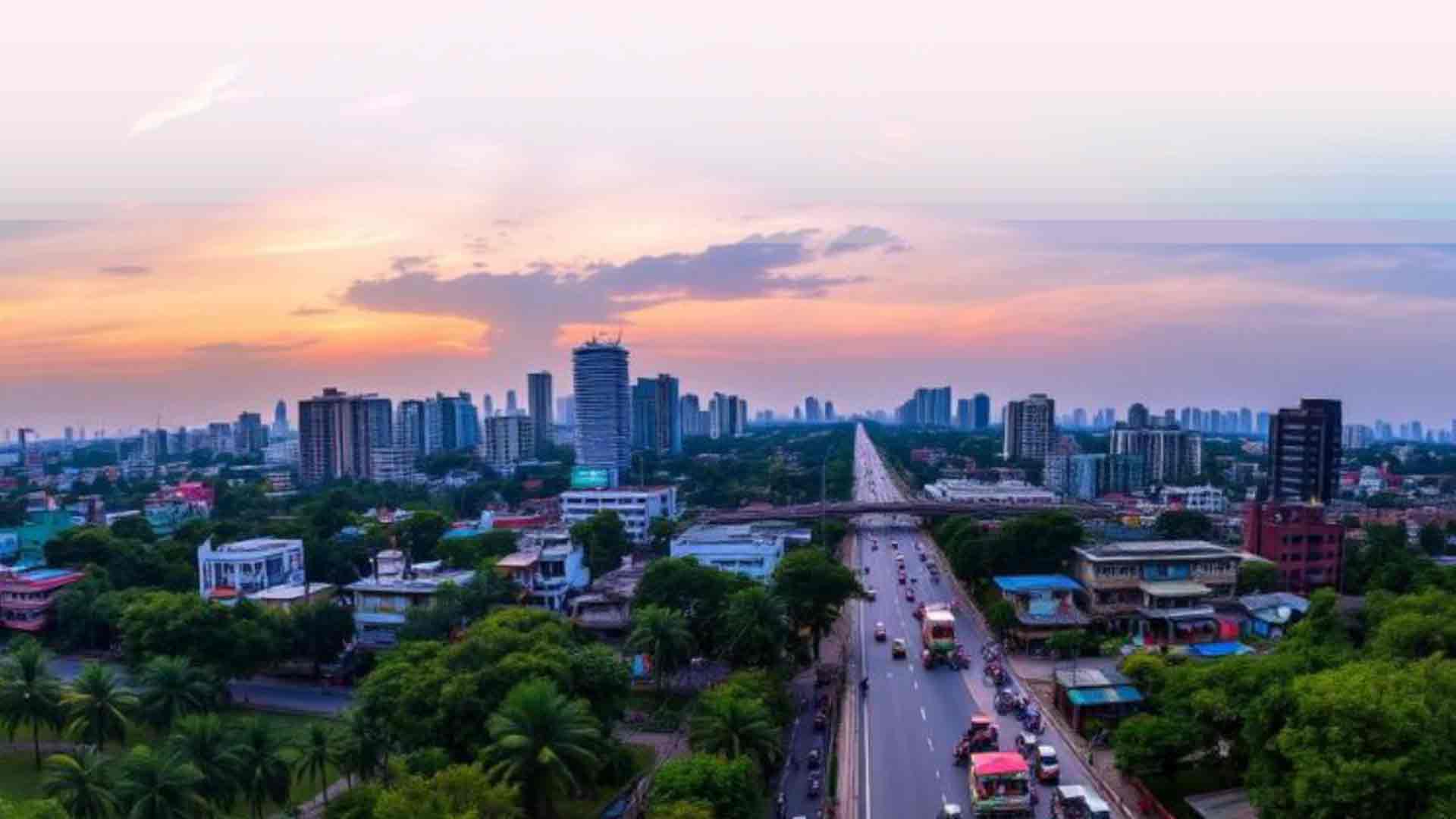As we approach 2024, Bangladesh is at a crossroads, halfway between remarkable success and deep malaise. It has been a critical year for the Bengali nation, with significant political, economic, and social events shaping its future.
POLITICAL LANDSCAPE: A TENSE TERRAIN
The political environment in Bangladesh continued to be rough until 2024. The January election was marred by irregularities and boycotts from opposition parties, escalating tensions between the ruling Awami League and the Bangladesh Nationalist Party (BNP). The United States and the European Union have criticised the election as neither inclusive nor transparent.
Yet amid such challenges, Prime Minister Sheikh Hasina’s government pressed on with its agenda of economic development, focusing on infrastructure and digitalisation. Dissatisfaction among youth and the urban middle class, exacerbated by unemployment and inflation, has raised doubts about the government’s longer-term stability.
Economic Resilience in the Face of Global Headwinds
The Bangladesh economy showed resilience in 2024, posting a growth rate of around 6.5% despite the global economic headwinds. The ready-made garment (RMG) industry, still one of the economy’s mainstays, was also resilient, benefiting from diversification towards high-value goods and new export destinations.
Remittance inflows from the Bangladeshi diaspora were strong and helped stabilise foreign exchange reserves. But inflationary pressures, aggravated by increasing global oil prices and a falling taka, created a severe strain on the average Bangladeshi household.
Given its increased focus on renewable energy projects and the fight against climate change, the government also clearly exhibited a political will to promote sustainable development. This was emphasised by opening the country’s largest solar power plant in Rajshahi. However, critics said more aggressive action was needed to address the country’s exposure to rising sea levels and extreme weather events.
Social Changes and Cultural Events
Bangladesh experienced advancements and continued difficulties on the social level. Progress on gender equality was mixed. However, the country continued to rank highly regarding female political representation, and pervasive societal norms restricted women’s economic participation and safety.
These Education initiatives were aimed at rural areas. Private players took the initiative to create digital classrooms in weaker areas. However, the problems of child marriage and early pregnancy remained urgent, with activists demanding more vigorous enforcement of existing laws and greater public awareness.
Bangladesh celebrated its culture with the momentous 50th anniversary of the Kaushey Book Fair and the Dhaka Art Summit. These events showcased the country’s rich literary and artistic traditions, creating a sense of pride and unity amid political and economic hardships.
International Relations: Striking the Right Balance
In 2024, Bangladesh’s foreign policy was a delicate balancing act. Relations with India were robust, highlighted by water-sharing arrangements and cross-border commerce. At the same time, ties with China intensified, with multibillion-dollar investments in infrastructure as part of the Belt and Road Initiative.
The Rohingya refugee crisis was still straining resources and testing diplomatic ties with Myanmar. International pledges of support and promise of movement did little to advance repatriation efforts, leaving more than one million in limbo.
Forward-Looking: Hope and Hurdles
The road from Bangladesh to 2025 is lined with opportunities but also uncertainty. With a youthful demographic and strategic geographic location, the nation holds excellent potential for both development and regional influence. However, this will only happen if political polarisation, economic vulnerabilities, and social inequalities are addressed.
Bangladesh has shown some resilience and determination in 2024. Whether it will turn these qualities into sustainable progress will depend on the collective resolve of its government, civil society, and international partners.

